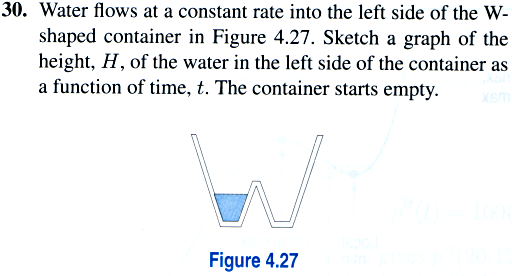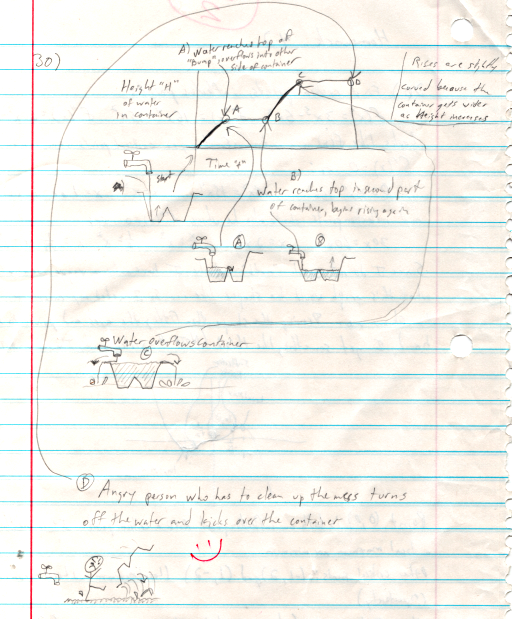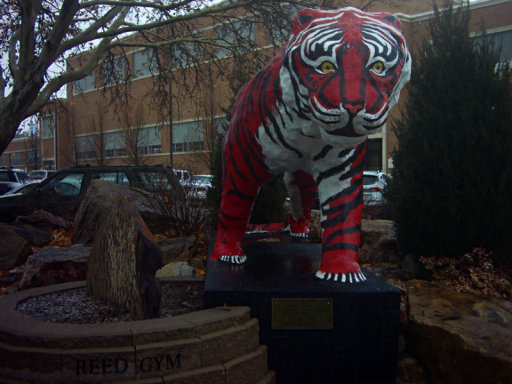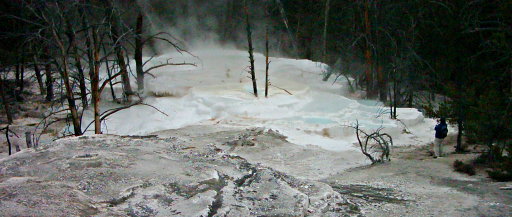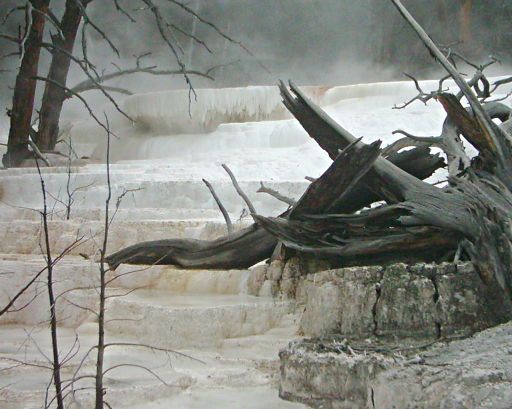(Oops, got so excited I got carried away with the title. Fixed now.)
I am thrilled to notice this morning that I am in the running for the College Blogging Scholarship, honestly, if this even attracts a larger population of active readers, I’ll consider that alone an excellent “Runner-Up” prize.
Not that the scholarship money wouldn’t be much appreciated…but more about that later.
For the moment though: Hello, current and new readers, to the internet’s self-proclaimed foremost authority on Expired JellO, among other things. I suppose that since I’m asking people to vote for me, I should probably give a quick description of myself and this blog. I’ll keep it short for the moment:
My actual name is Sean Clark; the explanation for the “Epicanis” handle deserves a post of its own. I am a “non-traditional” student at Idaho State University, working on finishing my long-overdue B.S. in Microbiology. This is actually the 5th college institution I’ve attended. It’s not that I’ve been kicked out of the others or anything, just that I keep having to move and start over. I’m finally in one place here long enough to actually finish the degree. Where I end up doing my graduate work depends on where (and if) we end up moving next year – I’ll post about this if anybody’s interested.
My primary interest is in “applied” microbiology, particularly non-medical biotechnology. I’ve been convinced for many years that non-medical applications of microbial biotechnology are underappreciated and somewhat neglected, and I’d rather people not have to get sick before they can benefit from whatever I might come up with…
Incidentally, Hillary Clinton agrees with me (“we should increase investments in non-health applications of bio-technology” – see paragraph 23). Whether that helps or harms my position no doubt depends on your political opinions, but still, I appreciate that someone with some kind of official authority agrees with me. And, hey, maybe this means I’ll be able to find a decent job during or after graduate school. Anybody think the Office of Technology Assessment will be hiring again soon?…
This blog itself is primarily concerned with sharing some of my education, and science in particular, as an exercise in communicating science. I, for one, think I’ve gotten better as the blog has progressed.
A couple of important points: This is a blog, not a magazine: participation is encouraged. If nothing else, the voting for the scholarship looks like it goes on for a couple of weeks, so if you are thinking to yourself “Gosh, I’d vote for you, but you don’t talk enough about X” or “you talk too much about Y” or “I hate the background color of the webpage” or whatever, now’s your chance to speak up. You do not need to be logged in to comment (but I do screen comments, so spammers: you’re wasting both your time and mine), so please do. Also consider subscribing to the RSS feed, found in the upper-right area of the page.
I try to update at least a couple of times each week, though lately I’ve managed to maintain a nearly daily pace. Participation helps here, as comments from readers helps me come up with additional topics to post on. I’m getting a lot of enjoyment out of blogging, so I’ll post as often as I reasonably can…
One last quick note on using this blog: I try to put title tags on most special bits of posts, like images and links. And…bits of text like this, which you might think of as “inline footnotes”. If you hover over anything with that thick-dotted-underline, you should see some additional information. As of a week or two ago, if you click on them, the entire extra text will pop up in a separate box where you can read it all, assuming you don’t have javascript turned off. I haven’t yet gotten around to going back and doing this to the previous bits like this, but I will eventually.
So, again, welcome. Comments, questions, and suggestions will help me improve the blog, and are therefore strongly encouraged. Oh, yes, and please vote for me. Otherwise, I’m going to have to resort to selling blood plasma and begging outside of scientific conferences. Thanks.
